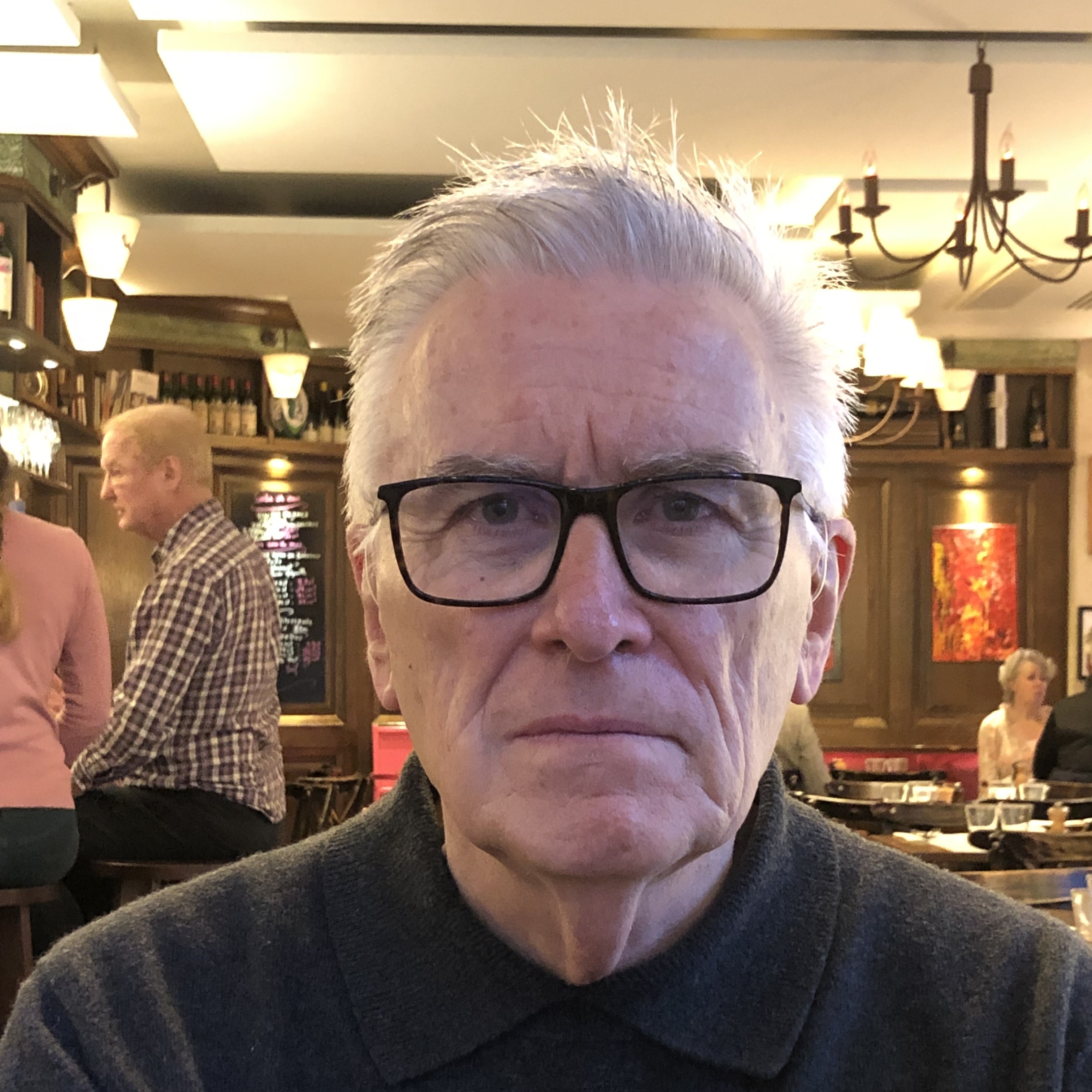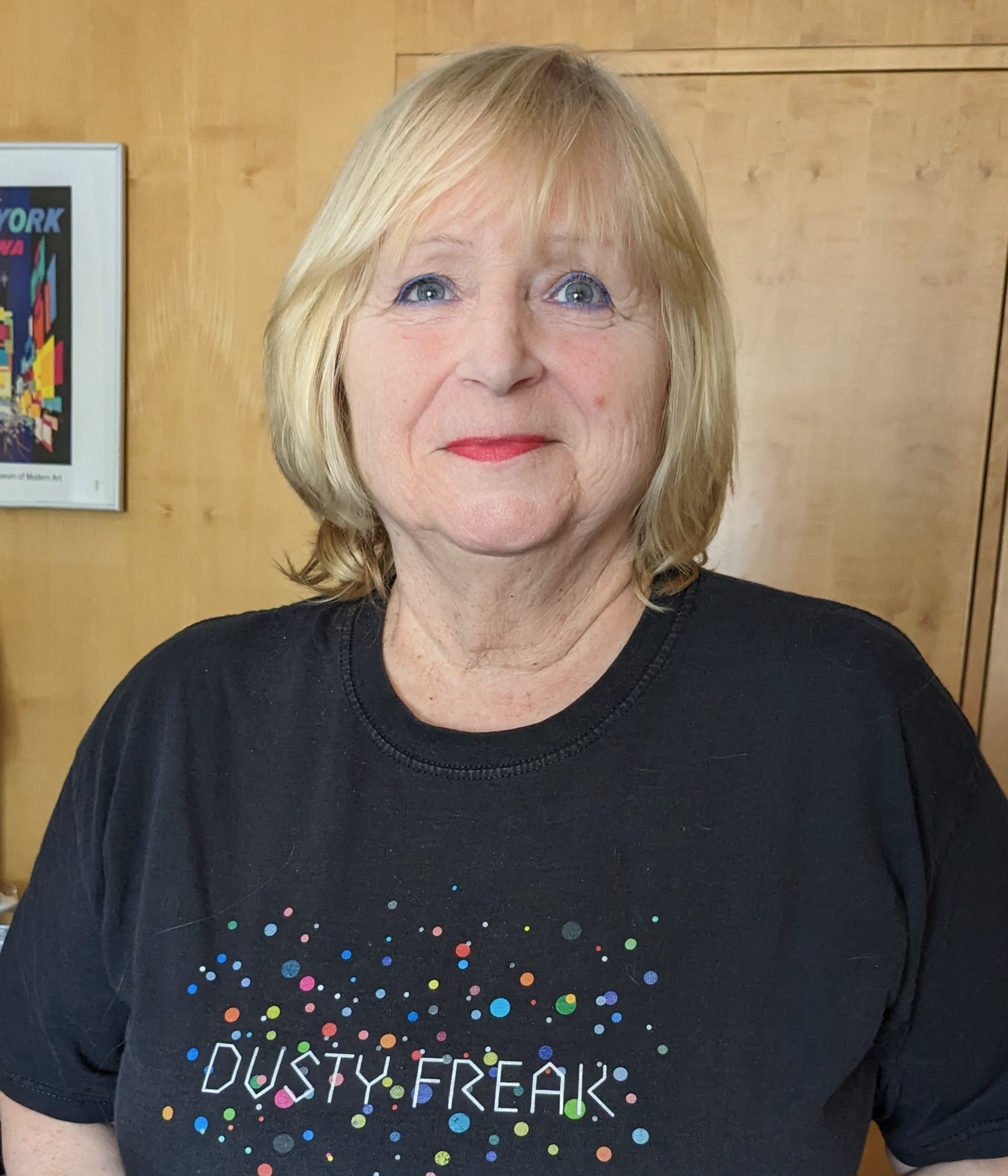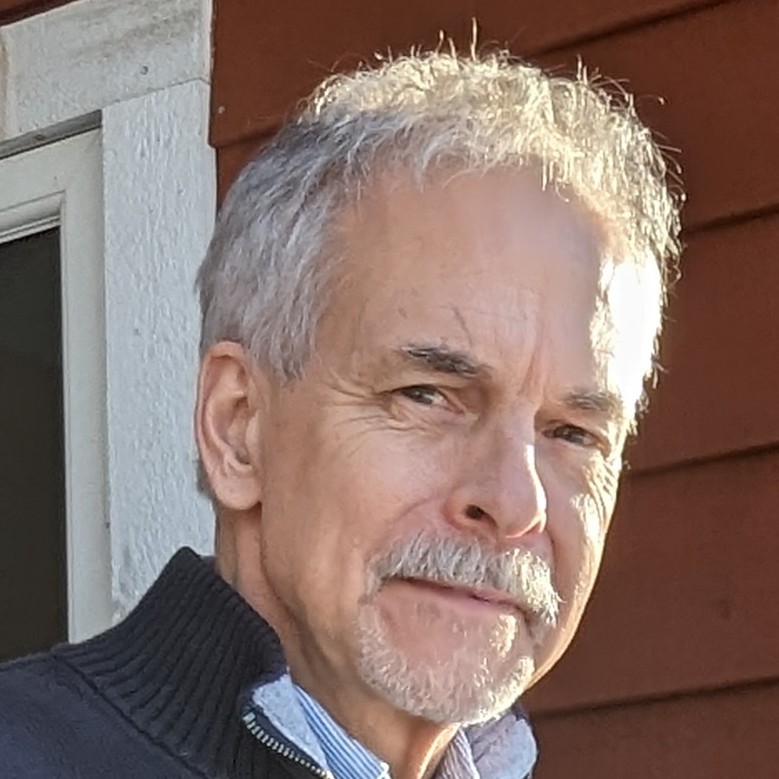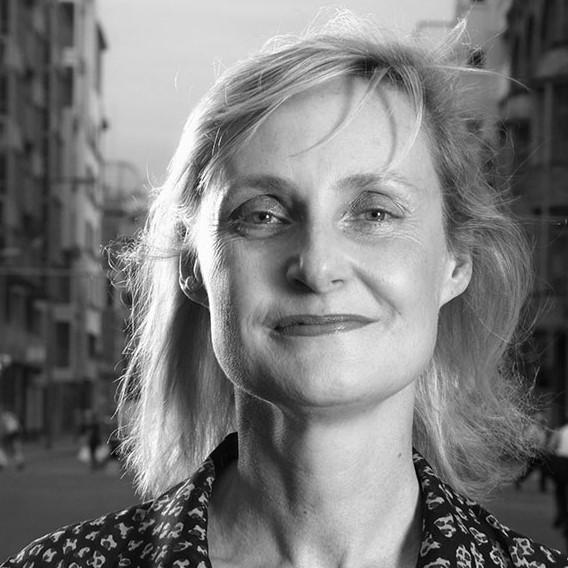Richard Charkin on how you too can set up a successful publishing business
A perceptive devotee of the podcast told me last week that he thought I was an ignoramus. 'You don't think it takes talent to be a photographer (referring to something said during this conversation with Michael Torosian, maker of fine press photography books, here)?' 'I do think it takes talent,' I responded. 'I just don't know how much. The case hasn't been made very well I don't think for photographers. Besides, true artistic genius is rare, regardless of what field you're talking about.' 'Why are you singling out photography then?' 'Well,' I averred, 'as Alexey Brodovitch, Conde Nast's great art director once put it: 'To learn yourself is more difficult than to listen to a teacher...Please take everything I say with a grain of salt. My way of guiding people is by irritation. I will try to irritate you, to explore you... the more disagreement the more we learn.' The idea is that when you intentionally irritate someone they often respond with their best work. I like to try this on every now and again during an interview.' In fact, I tried it on last week, albeit unintentionally, during a conversation with Richard Charkin when I suggested that the relative success of his new publishing experiment might be attributable, in part at least, to the fact that he, and most of his clients, have money. Richard has achieved much over the years during a creditable, significant career. He got to the very top of the publishing world. Nothing more satisfying to him though, I'm guessing, than having launched and operated Mensch, his thriving little 'micro' publishing house. I wanted to know how he was getting on after four years at the helm, what he'd learned, and, as it turns out, whether or not others could duplicate what he's done without the benefit of his special place both in the publishing constellation and in the world at large. The conversation commences with a mission statement; then some meaningless platitudes about books, communicating and making the world a better place; then we talk about how much Richard invested up front in Mensch; about the criteria he uses for choosing which books to publish; about personality and commissioning books; about emails and what they mean; rejecting submissions; working with journalists, celebrities and non-celebrities; saving author proofs; growing backlists; hiring publicists; using print-on-demand; achieving diversity in the publishing industry; Rovers, Minis, and yes, fairness, plus much, much more. I was left with the impression that money has far less to do with creating a thriving publishing enterprise than does prudence, personality and good, new technology. Yes, it helps to be wonderfully communicative and outgoing, like Richard is, and observant. But what's inspiring here I think, the lesson if you will, is that if you follow Richard's lead, pay attention to what's going on around you, let others know what you're up to, keep tabs on technology, the chances are pretty good you'll be able to do some decent damage, and do it without having to spend a whole lot of money You may not get rich, but you can change the world, hopefully for the better, just as Richard's doing.

1h 9m
























































